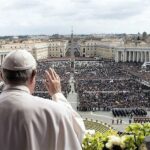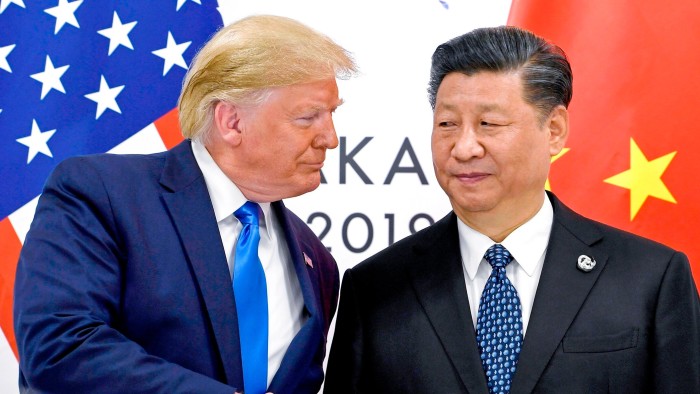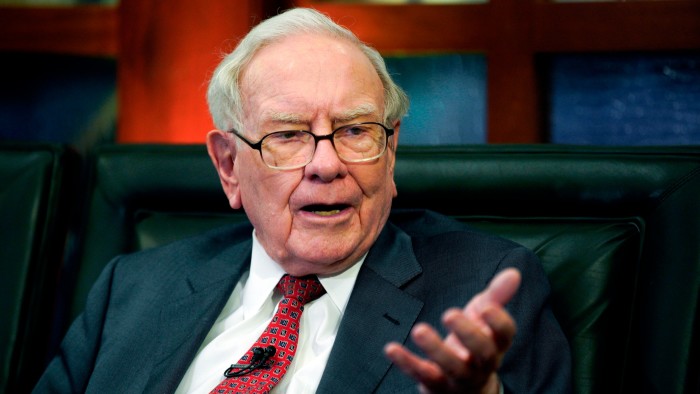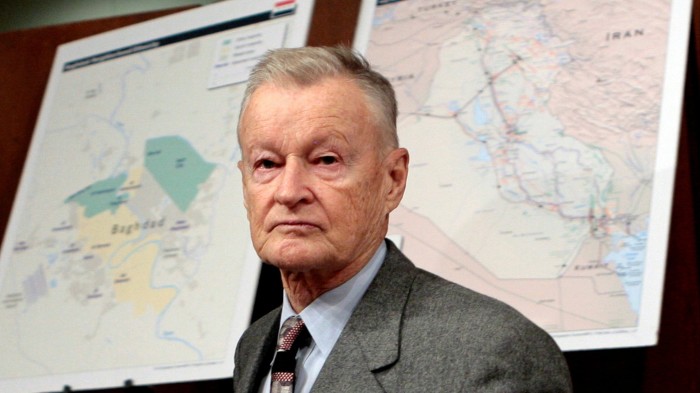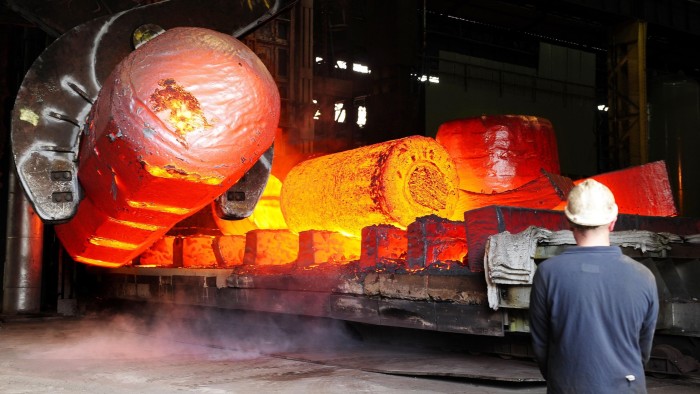China’s He Lifeng: Xi’s ally leading trade talks with US
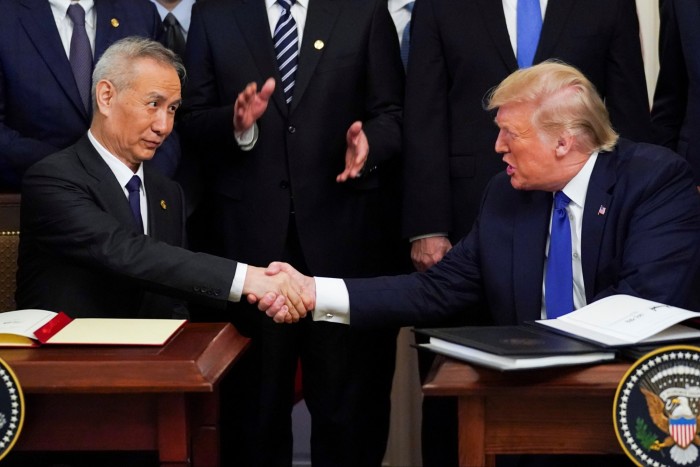
In Donald Trump’s first term, US trade negotiators encountered a familiar interlocutor in China: Liu He, a Harvard-educated, English-speaking adviser to Xi Jinping who supported many of the same economic reforms that Washington had sought for years.
Now, as the US and China search for a path back from an outright trade war, Beijing’s delegation will be led by vice-premier He Lifeng, a Xi acolyte expected to toe a firm line of resistance to Trump’s trade war.
“He’ll probably be a more difficult interlocutor for the Americans,” said Andrew Gilholm, head of China analysis at consultancy Control Risks.
While Trump claimed on Thursday that “China very much wants to make a deal”, Gilholm added that “China’s willing and able to take the political pain longer than the White House will be”.
Xi’s trade tsar will meet Treasury secretary Scott Bessent and US trade representative Jamieson Greer in Geneva on Saturday in the first high-level, face-to-face talks since Trump’s barrage of “liberation day” tariffs last month. Since then, the US and China have ratcheted up levies, threatening an effective embargo between the world’s two biggest economies.
He, 70, is part of a core group of party apparatchiks whose connection to Xi dates back decades. He worked under Xi in Fujian province, and was elevated to vice-premier in March 2023 when Xi started his unprecedented third five-year term as China’s president.
Neil Thomas, an expert on elite Chinese politics at the Asia Society Policy Institute think-tank, said this close association was “positive” for the negotiations. “It’s important that He Lifeng knows Xi personally for these talks to be successful and to credibly represent the direction that Xi Jinping wants to take US-China relations,” Thomas said.
In the past year his focus on foreign engagements has increased markedly, according to one Chinese political consultant who asked not to be named, as Xi refocused the leadership’s efforts on addressing slowing economic growth.
He has held dozens of meetings with foreign officials and business leaders in recent months including Goldman Sachs president John Waldron, Pfizer chair Albert Bourla, Apple boss Tim Cook and Nvidia founder Jensen Huang.
He has gradually appeared more comfortable in these situations, according to one person familiar with some of the meetings, and his messaging has become “friendlier” as Beijing urged US corporate leaders to help influence the White House in de-escalating tensions.
In his meeting with Huang, the vice-premier chatted about his family’s Hokkien background — a language spoken widely in Fujian and Taiwan, including by the tech billionaire, the person said.
But others who have met him said that, unlike Liu, He appears to speak little English. While many Chinese officials often refuse to speak foreign languages in formal meetings, opting for an interpreter, many do understand English.
He comes across as the “archetypical Chinese technocrat”, friendly, but confident of China’s strengths and somewhat “aloof”, according to a person who has met him.
Another businessperson familiar with He described him as a “staunch” supporter of state-owned enterprises that form the bedrock of Xi’s state-driven economic policy and a “black and white thinker”.

He studied economics and held senior positions in Fujian as well as in Tianjin, in the country’s north-east. His decades of experience in “day to day economic issues” and academic background is “not always appreciated”, Thomas said. “He’s not unfamiliar with economic and trade policy,” he added.
In 2014, he was elevated to vice-chair of China’s National Development and Reform Commission, the powerful state planner, according to Minxin Pei, editor of China Leadership Monitor.
Three years later, He was promoted to NDRC chair. During his time at the state planner, He oversaw the early years of the Belt and Road infrastructure plan, Xi’s hallmark foreign policy initiative.
In late 2023, state media started referring to He as holding leadership positions in top Communist party groups for financial system oversight, alongside his government responsibilities leading economic and trade affairs with the US.
Ahead of his meeting with Bessent and Greer, He will be supported by Liao Min, a finance vice-minister and former member of Liu’s negotiating team, and Li Chenggang, a European-educated former lawyer who last month was appointed Beijing’s representative to the World Trade Organization.
Both are fluent English speakers and are deeply familiar with Beijing’s efforts to brace its economy against potential trade war shocks.
Yet analysts expressed doubt about the chances of a breakthrough in Switzerland.
“All of this will ultimately be decided above them [He and Bessent],” said Gilholm. “A lot of it comes down to whether Trump will be willing to accept another narrow, fragile, deficit-focused deal” in the mould of the “phase-one” deal agreed during the US president’s first term.
While Beijing viewed Bessent as a “well-balanced professional” — in contrast to some of the “extreme hawks” in Washington — He’s team appeared to have been empowered to conduct just an “initial engagement rather than a thorough negotiation”, said Gao Jian, a Shanghai-based foreign policy expert with the Center for International Security and Strategy at Tsinghua University.
Ahead of the talks, one of Beijing’s credos, he added, was that “appeasement cannot buy peace, nor can compromise earn respect”.
Additional reporting by Cheng Leng in Hong Kong




